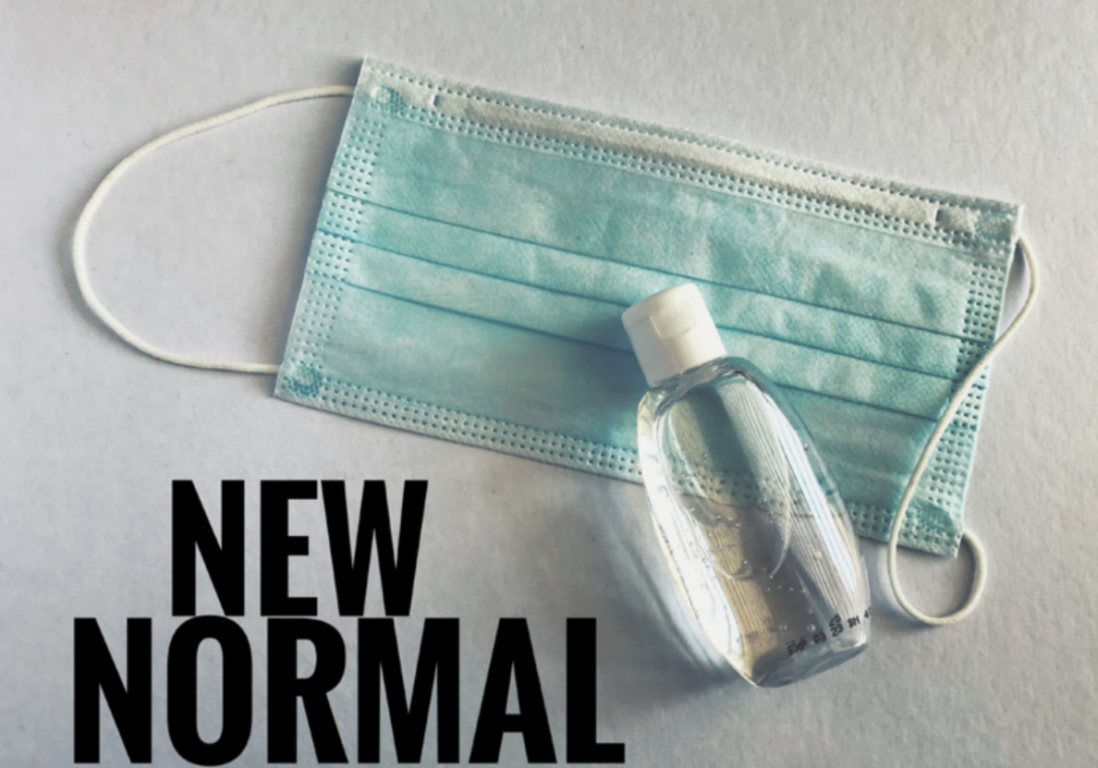A year of resetting what is normal: 12 months post COVID

Today we mark exactly one year since Kenya recorded its first case of COVID-19 on 12th March, 2020.In its wake, the coronavirus disease has left our national consciousness wounded and scarred, every aspect of our life tested to the limit.
The COVID enemy has remained unseen, its ‘theatres of war’ are still undefined and its rules of engagement are erratic, miscellaneous and unwritten. Over the year, COVID has developed mutations, a new strain has emerged in Britain, Brazil and South Africa. We do not know how it will spread; and the havoc it will wreck on our population.
Global View
In fact, data the world over, indicates that Kenya’s 0.6% growth rate and a loss in GDP, was an acceptable economic reality under COVID. If our economy grew by +0.6%, the global economy grew at a rate of -3.5%, that of the Euro Area by -7.2%, the United Kingdom by -10% and sub- Sahara African economies grew by at a negative rate of 2.6%. This means that economies around the world shrunk, but Kenya’s did not despite our major sacrifices.
Further, projections indicate that, in spite of the COVID plunge, our economy is likely to bounce back and grow 7% in 2021. If we had not made the bold decisions of 2020, as is projected, our economy would, in 2021 contract by 15%. This would be worse than the Euro Area, -7.2%; India, -11.5%; and the United Kingdom, -10%.
Reviewed Measures
Today, the President reviewed COVID measures in place and directed:
- The Nationwide Curfew is extended for a further containment of 60 days. In that regard, all bars, restaurants, and other establishments open to the public, must, close by 9.00 p.m;
- To provide business continuity during the containment period, exemption on the application of curfew is granted to essential services providers, factories and construction sites to operate night shifts;
- all forms of political gatherings are prohibited for a period of 30 days effective midnight on this 12th March, 2021. The escalation or de-escalation of the containment measure in regard to Prohibition of Political Gatherings is dependent on whether the national endeavour to break the chain of transmissions will have been achieved.
- Funerals, cremations and other interment ceremonies shall be conducted strictly within 72 hours of confirmation of death. The attendees for funerals and gravesides/crematoria ceremonies, shall be limited to the immediate family of the deceased, with the number capped at no more than 100 persons;
- The attendees of celebration of Weddings and other traditional unions and rites is capped at 100 persons. There shall continue to be strict maintenance and enforcement of public social health measures, including regular washing of hands with soap and water or use of sanitizers, physical/social distancing in all public places;
- In line with the guidelines issued by the Inter- Faith Council, only a maximum of one-third of the capacity of places of worship will be allowed at each worship ceremony;
- The Ministry of Health, working closely with the National Government Administration Officers (NGAO), are to enhance and strictly enforce border health security, with a greater emphasis on informal entry points; as the country remains at high risk of importation of new variants of COVID-19;
- All isolation facilities in the country must be maintained at a high state of preparedness through continuous capacity-building and provision of adequate PPE for healthcare workers; supported by the continuous implementation of Infection Prevention and Control measures.
- The County Governments shall enhance investment in piped and portable oxygen to isolation and critical care treatment facilities for the management of severe cases;
- To secure the implementation of the revised Containment Measures and to ensure effective enforcements of the same, an Inter-Governmental Co-ordination Framework is established in each of the nation’s 47 Counties;
- The Counties Inter-Governmental Committee will be co-chaired by the respective County Governors and County Commissioners, and feature representatives of the County Security Teams, County Health Chiefs and County Governments Enforcements Units;
- The Counties Inter-Governmental Committee shall be convened at least once every week to assess the County specific compliance levels; and
- The Cabinet Secretary for Transport jointly with the Cabinet Secretary for Health are to develop revised protocols for Public transport in consultation with all stakeholders in the transport sector.
The Road Ahead
The government is currently rolling out COVID Vaccination of front-line workers. These efforts are expected to continue and eventually vaccination of mass population.
Yesterday, Health CS Mutahi Kagwe received 100,000 doses of AstraZenaca COVID19 Vaccine at JKIA. The doses were donated by the Government of India and handed over by the Indian High Commissioner. The Government is in the process of trying to secure funding for roll out of the COVID vaccine.
In the meantime business and life continue in the thick of the new normal.

